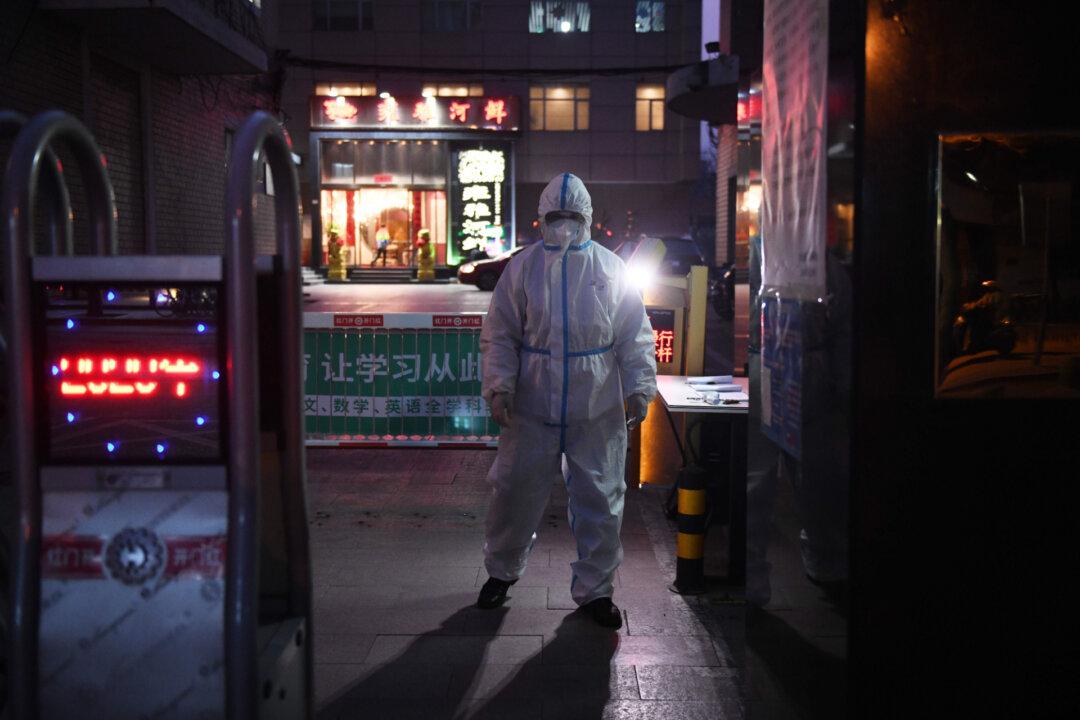As the novel coronavirus continues to ravage parts of China, residents in Beijing—the Chinese regime’s seat of power—share the fear that the worst is yet to come.
To date, authorities officially reported tens of thousands of infections nationwide, though experts say true numbers are likely to be much higher. More than 2,400 cases have popped up in 38 other countries, with local cases of transmission occurring in Italy, Iran, South Korea, Japan, and Singapore.





